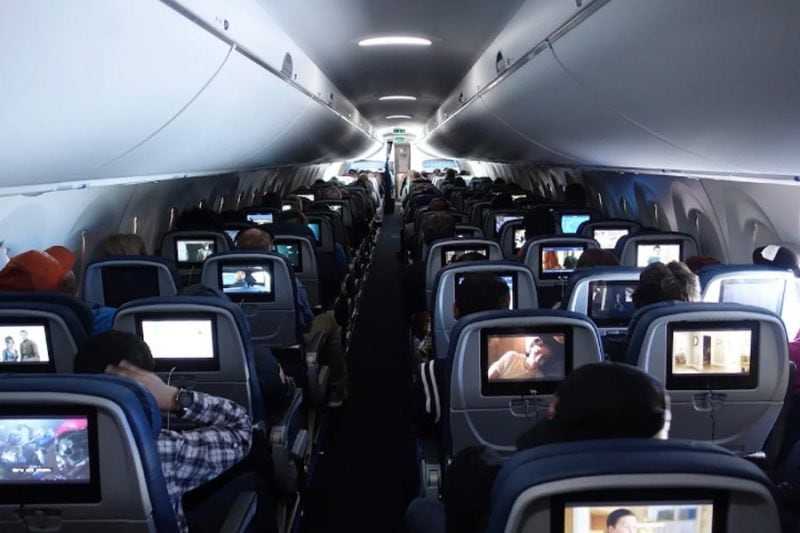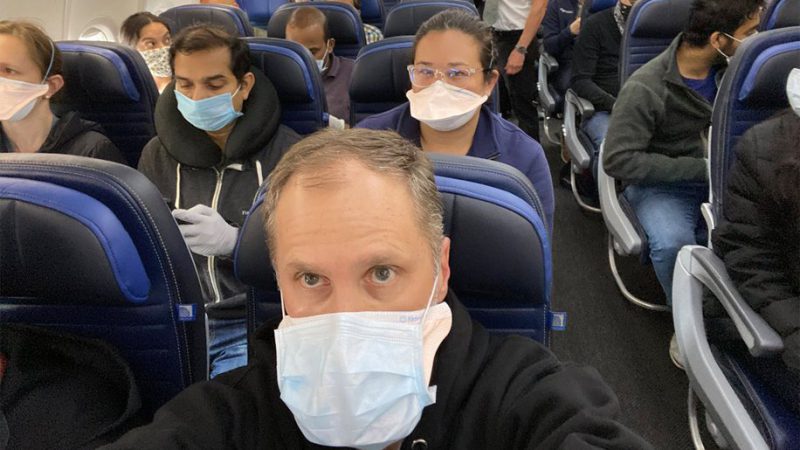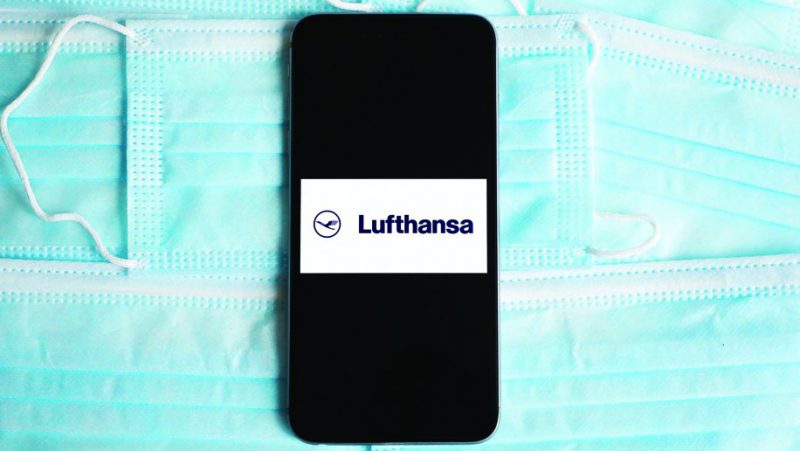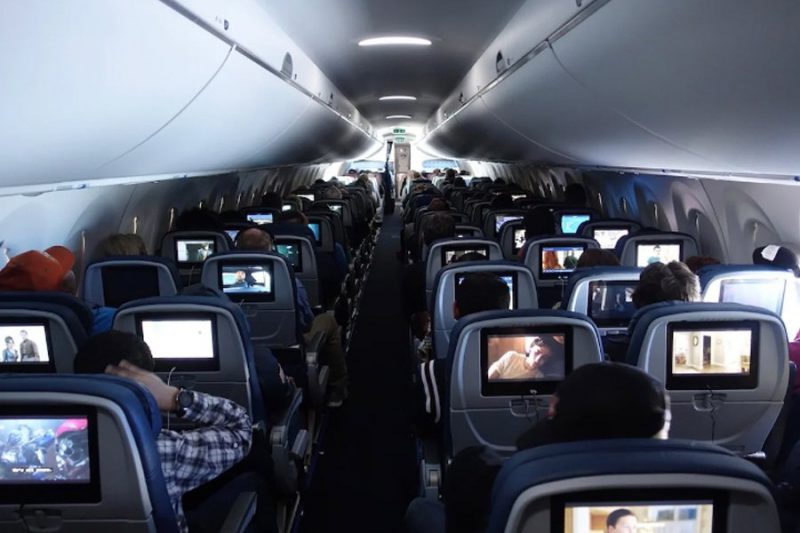What To Do If Your Flight Is Full
While airlines are flying below capacity, middle seats remain largely empty but that may not be the reality for much longer
May 18, 2020

A recent image of a full United Airlines flight posted by a physician on his way home from volunteering in New York City recently went viral. Dr. Ethan Weiss was traveling from NY to San Francisco when he and other passengers were “scared” and “shocked” to find that they were traveling in a nearly packed plane.
United stated that although they are doing what they can to keep middle seats open, they “cannot guarantee” that this will be the case going forward.
The International Air Transport Association has repeatedly called for the flying public to accept the fact that middle seats must be made available if airlines are going to survive and prices remain affordable. Airlines like Lufthansa have said since they are requiring masks, they will open the middle seats for travel.
“Evidence suggests that the risk of transmission on board aircraft is low,” IATA said in a recent release. “Mask-wearing by passengers and crew will reduce the already low risk, while avoiding the dramatic cost increases to air travel that onboard social distancing measures would bring.”
At a May 7 hearing of the Committee on Commerce, Science and Transportation on the impact of the COVID-19 pandemic on the airline industry, Dr. Hilary Godwin, Dean of the School of Public Health, University of Washington, was asked if masks provided protection when seated “three abreast” in a full flight. “A mask, while good, does not give you absolute protection from those sitting around you,” she responded. “Sitting farther apart from each other does,” she said, contradicting IATA’s statement.
Frontier Airlines recently got some bad press and criticism from politicians like Amy Klobuchar (D-MN) when they briefly went to market with a new plan to charge customers for an empty middle seat next to them.
After a short public outcry, the idea was shelved.
Consumer advocates like Paul Hudson, president of FlyersRights.org, have called for the Department of Transportation to intervene.
“This is what happens when the federal government makes necessary health safety measures strictly voluntary for airlines,” Hudson told Business Traveler USA.
“And as states have no jurisdiction, it’s now a lawless situation. But not to worry. The ‘market’ will take care of it. What’s next? Charging for the right to wear masks? COVID cleaning fees to use restrooms? Temperature check fees? It’s all allowed and legal unless DOT deems it an ‘unfair practice,’” Hudson said.
William McGee, aviation adviser for Consumer Reports told Business Traveler USA, “We are distressed by media and social media reports of US airlines not imposing social distancing onboard aircraft, as they promised they would,” McGee said. “We are also disappointed that the US Department of Transportation has been so lax about enforcement during the COVID-19 crisis. The DOT has not enacted meaningful consumer protections on aircraft seating, masks, health screening, flight refunds, and many other issues. Instead, each domestic airline is doing as it sees fit, and the result is consumers are not receiving consistent and uniform protection. We urge the DOT to direct the airlines on such issues.”
McGee says that in the meantime, “we would suggest passengers inquire about the expected load on their flight, so they can seek possible alternatives.”
After the issue with the full United Flight, the airline posted a new policy whereby flyers can rebook their flight for free or receive a credit if a plane is 70 percent full or more. The airline said in a statement that it would make every effort to alert customers 24 hours in advance if they know a flight is full, allowing them to make a decision prior to going to the airport. The system will be in place until June 30.
It is important for consumers to note, however, the United policy does not include a refund, it is not DOT mandated, and it is time limited. The policy is also not consistent across all domestic airlines.
On the other hand, Delta Air Lines has announced it is limiting capacity to reduce the overall number of customers in every cabin across the fleet at least through June 30. The carrier says it is capping the number of first class seats at 50 percent and in other cabins at 60 percent.
With all the inconsistent policies, the best advice for air travelers is to check with their airline at ticketing time about the current policy on changes if the flight is full. Then, regardless of the policy stated, they should also check with gate agents upon arrival at the airport about the status of the flight prior to boarding.
As recovery rolls out across the country and a lockdown-weary public looks toward summer vacations, it makes sense to assume fuller flights on an ongoing basis unless a mandate comes down keeping those middle seats empty from the Department of Transportation.






